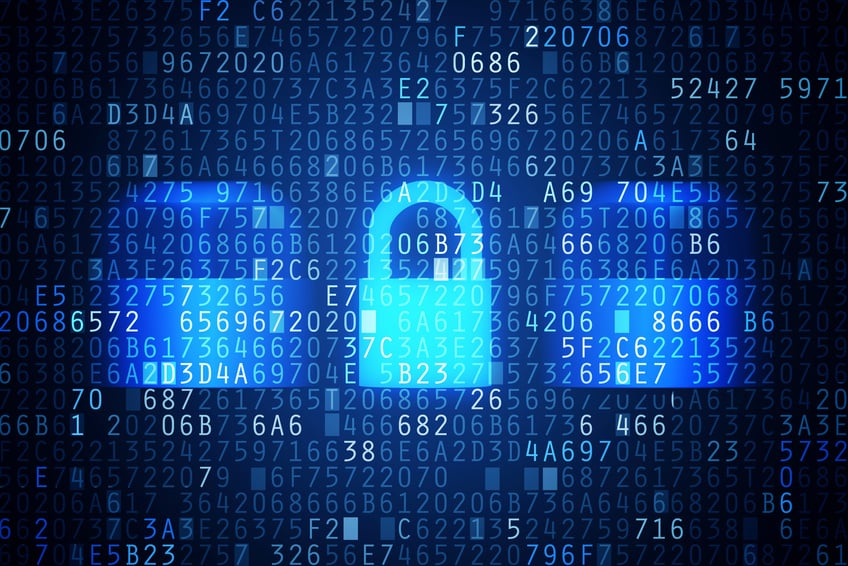On August 12, 2014, the German export control authority, the Federal Office for Economics and Export Control (Bundesamt für Wirtschaft und Ausfuhrkontrolle – “BAFA”) published a guidance document clarifying some of the export control questions raised by the new sanctions which the EU has adopted against Russia.
BAFA has also established a telephone hotline for questions concerning exports to Russia and related export licensing requirements.
The most important points that the new guidance document addresses are the following:
-
Restrictions for trade in certain financial instruments (Art. 5 of Regulation 833/3014): Other services (e.g. deposits, payment services or credits and loans) than those expressly listed in Regulation 833/2014 are not affected by EU Sanctions.
-
Geographical scope of the arms embargo (Art. 2 of Decision 2014/512/CFSP): The Crimea Region and Sevastopol are not considered to be a part of Russia for purposes of the arms embargo. Thus, the arms embargo does not apply to shipments to the Crimea Region or Sevastopol. Similarly, the arms embargo does not apply to Russian embassies in the EU.
-
Military end-use controls (Art. 4(2) of Regulation 428/2009): Russia is to be considered an arms embargoed country in the meaning of Art. 4(2) of the EU Dual Use Regulation (Regulation 428/2009). Thus, military end-use controls now apply to Russia. This means that the export of any item, in particular not controlled items, could be prohibited if the item is exported for a military end-use to Russia.
-
Spare parts for dual use items: The export of items (in particular spare parts) that are not caught by any of the export restrictions under the Russia Sanctions is nevertheless prohibited or subject to a licensing requirement if such item is used for repairs of a dual use item the export of which is prohibited.
-
Technologies for the oil sector (Art. 3 of Regulation 833/2014): The licensing requirement applies to all items listed in Annex II of Regulation 833/2014, regardless of whether the item in question would in fact be used for a project of deep water oil exploration and production, Arctic oil exploration and production or a shale oil project in Russia. The licensing requirement also applies for exports to third countries if the exporter is aware that the items will be used for such project in Russia or will be exported to Russia.
-
License applications: License applications must be submitted electronically, via BAFA’s online portal ELAN K2. There are no special or separate licensing procedures. Exporters should provide detailed information and documentation with respect to the end-user and the end-use of any items subject to licensing requirements. Processing of license applications will require additional time. Exporters should therefore submit license applications as early as possible with as much detailed information as possible.
-
Transfer licenses: A transfer license (e.g. for an export from Germany to Belgium) is required if the German exporter knows that his customer in another EU Member State will then export the item to Russia



